The former broadcaster and campaigner, Lekia Lée, and founder of Project Embrace was celebrated for her community achievements after successfully launching the #AfroVisibility campaign. Lée’s ambition to erect a rolling series of images displayed on public streets showing models with their hair styled in its natural state, came one step closer as she launched her first billboard.
Lée said; “Initially, I wanted to write an open letter to the big brands asking them to be more inclusive and be more diverse. … But I thought, Why don’t I do a billboard? … So I called up UK Billboards and explained what I wanted to do, and I was lucky enough for them to give it to me for free for two weeks,”
The double-sided billboard is located on the A4 West Cromwell Road in west London.
Lée told the media that “The billboard challenges the narrative of beauty and promotes diversity and counters underrepresentation,” She started the campaign so help ensure children like her daughter would be able to resist societal pressures on African women to wear wigs, weaves or use toxic chemical hair straighteners to ‘relax’ their hair.
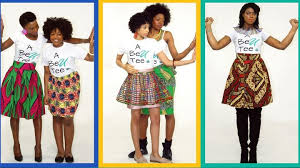
The Project Embrace Billboard Campaign (PEBC) describes itself as being “aimed at bridging the diversity gap and lack of representation of afro hair in the beauty and media industry by placing women and girls with their natural afro’s on billboards.”
This is a serious matter challenging girls and women of all ages. Many continue to believe they are not beautiful unless they have European styled hair and skin colour. However some also have problems when European women adopt Africentric styles like cornrows. The African American actress Whoopi Goldberg passionately challenges this viewpoint, seeing it as a double standard and tells women who culturally appropriate the western beauty aesthetic, that they should “wear natural hair. If we’re wearing white lady hair, isn’t that cultural appropriation?”
Goldberg is correct to a point. Millions of women worldwide spend billions of pounds each year on cosmetic products and services attempting to de-Africanise themselves. The revered psychologist Franz Fanon described this cultural appropriation behaviour trait as the dependency complex of the colonised.
Multinational cosmetic companies continue to exploit these flaws. When Nivea recently launched its controversial ‘White is Purity’ advert it was tapping into the inferiority complex of millions who aspire to a white supremacist beauty ideal.
It is a condition that capitalism thrives on. In London, there is mass availability of skin whitening products sold in so called ‘Afro Beauty’ shops selling the ‘white lady hair’ dream. In areas like Southwark over fifty percent of these businesses sell products containing toxic chemicals like mercury and the EU banned ingredients hydroquinone.
However, the problem is not limited to women. Some African men are not only using some of these toxic products themselves, they are also making misogynist, Afriphobic comments perpetuating an issue known as shadism. Entertainers such as Kanye West said in the Essence magazine “If it wasn’t for race mixing they’d be no video girls. Me and most of our friends like mutts a lot”, the comedian Kevin Hart tweeted “#handsdown Light-skinned women usually have better credit than a dark-skinned woman… Broke as dark hoes…LOL. Dark-skinned women take a punch @ da face better than light-skinned women”. Other music performers like Ne-Yo during an interview with Playboy claimed, “All the prettiest kids are light skinned anyway”, Lil Wayne supports this and suggested in one of his songs “Beautiful Black women, I bet that b*tch look better red”.
Thankfully the works of image activists like Lekia Lée are countering their negativity.
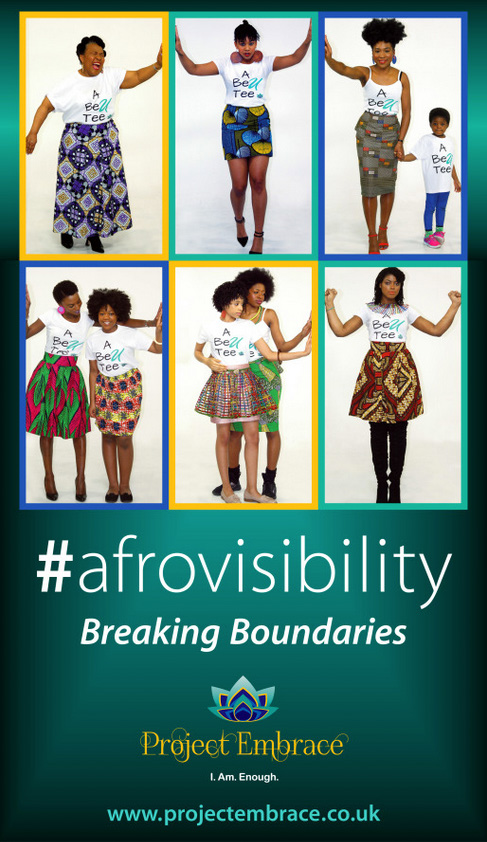
External Links
BBC News - Natural hair billboard to counter beauty mythsProject EmbraceNivea’s ‘White is Purity’ ad renews history of racism in beautyWhoopi Goldberg Says Black Women Appropriate White Women’s Culture By Wearing White Women’s HairSkin Bleaching, Self-Hatred, and “Colonial Mentality”
The dangers of skin lightening productsBeauty Is… Film
Lée said; “Initially, I wanted to write an open letter to the big brands asking them to be more inclusive and be more diverse. … But I thought, Why don’t I do a billboard? … So I called up UK Billboards and explained what I wanted to do, and I was lucky enough for them to give it to me for free for two weeks,”
The double-sided billboard is located on the A4 West Cromwell Road in west London.
Lée told the media that “The billboard challenges the narrative of beauty and promotes diversity and counters underrepresentation,” She started the campaign so help ensure children like her daughter would be able to resist societal pressures on African women to wear wigs, weaves or use toxic chemical hair straighteners to ‘relax’ their hair.

Project Embrace
Challenging the beauty narrative
The Project Embrace Billboard Campaign (PEBC) describes itself as being “aimed at bridging the diversity gap and lack of representation of afro hair in the beauty and media industry by placing women and girls with their natural afro’s on billboards.”This is a serious matter challenging girls and women of all ages. Many continue to believe they are not beautiful unless they have European styled hair and skin colour. However some also have problems when European women adopt Africentric styles like cornrows. The African American actress Whoopi Goldberg passionately challenges this viewpoint, seeing it as a double standard and tells women who culturally appropriate the western beauty aesthetic, that they should “wear natural hair. If we’re wearing white lady hair, isn’t that cultural appropriation?”
Goldberg is correct to a point. Millions of women worldwide spend billions of pounds each year on cosmetic products and services attempting to de-Africanise themselves. The revered psychologist Franz Fanon described this cultural appropriation behaviour trait as the dependency complex of the colonised.
Multinational cosmetic companies continue to exploit these flaws. When Nivea recently launched its controversial ‘White is Purity’ advert it was tapping into the inferiority complex of millions who aspire to a white supremacist beauty ideal.
It is a condition that capitalism thrives on. In London, there is mass availability of skin whitening products sold in so called ‘Afro Beauty’ shops selling the ‘white lady hair’ dream. In areas like Southwark over fifty percent of these businesses sell products containing toxic chemicals like mercury and the EU banned ingredients hydroquinone.
However, the problem is not limited to women. Some African men are not only using some of these toxic products themselves, they are also making misogynist, Afriphobic comments perpetuating an issue known as shadism. Entertainers such as Kanye West said in the Essence magazine “If it wasn’t for race mixing they’d be no video girls. Me and most of our friends like mutts a lot”, the comedian Kevin Hart tweeted “#handsdown Light-skinned women usually have better credit than a dark-skinned woman… Broke as dark hoes…LOL. Dark-skinned women take a punch @ da face better than light-skinned women”. Other music performers like Ne-Yo during an interview with Playboy claimed, “All the prettiest kids are light skinned anyway”, Lil Wayne supports this and suggested in one of his songs “Beautiful Black women, I bet that b*tch look better red”.
Thankfully the works of image activists like Lekia Lée are countering their negativity.

Afrovisibility Be-u-tee Campaign
External Links
BBC News - Natural hair billboard to counter beauty mythsProject EmbraceNivea’s ‘White is Purity’ ad renews history of racism in beautyWhoopi Goldberg Says Black Women Appropriate White Women’s Culture By Wearing White Women’s HairSkin Bleaching, Self-Hatred, and “Colonial Mentality”
Ligali is not responsible for the content of third party sites
The dangers of skin lightening productsBeauty Is… Film
Speak Out!
Click here to speak out or read (3) comments about this articleMany women worldwide spend billions of pounds each year on cosmetic products and services attempting to de-Africanise themselves. Fanon described this cultural appropriation behaviour trait as the dependency complex of the colonised.
See Related:
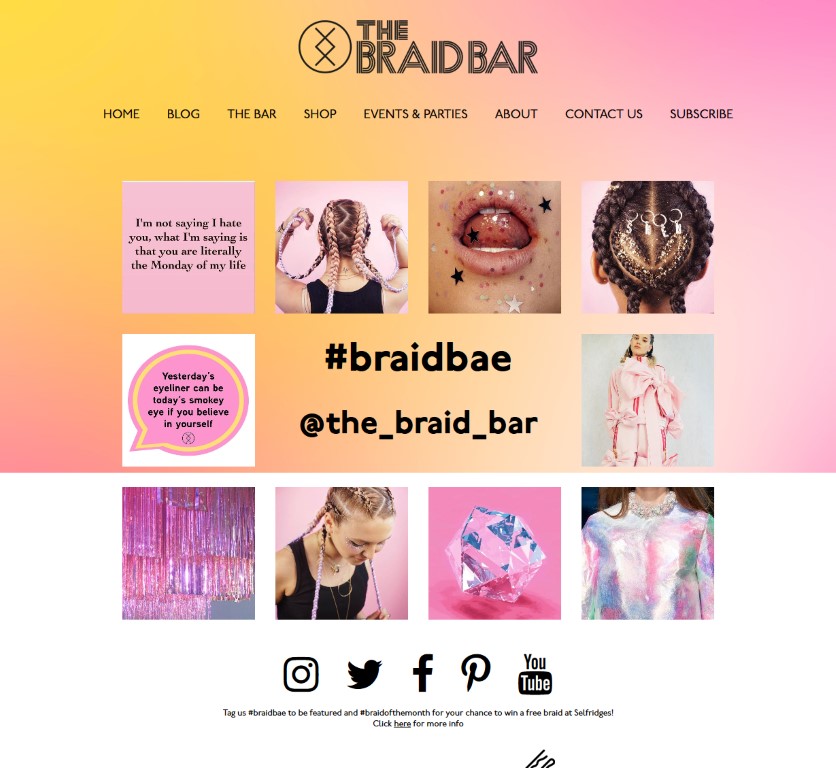
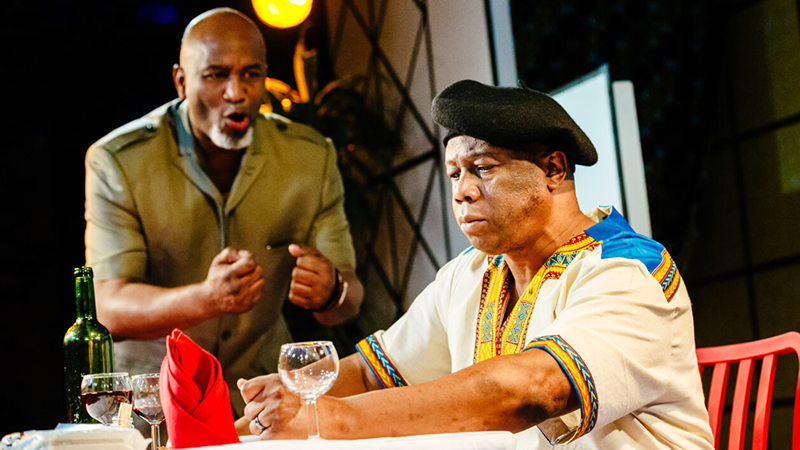
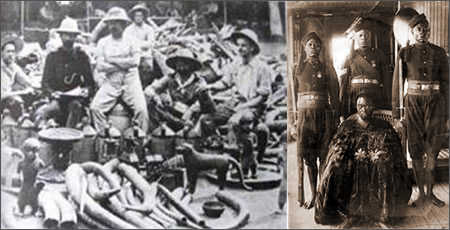
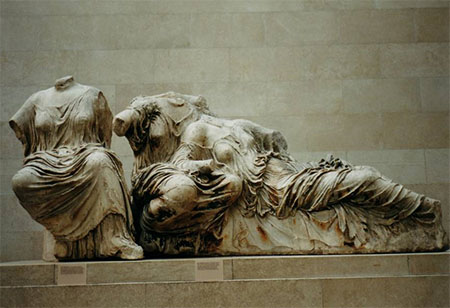
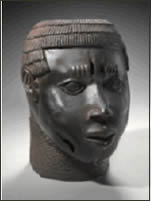
Get involved and help change our world